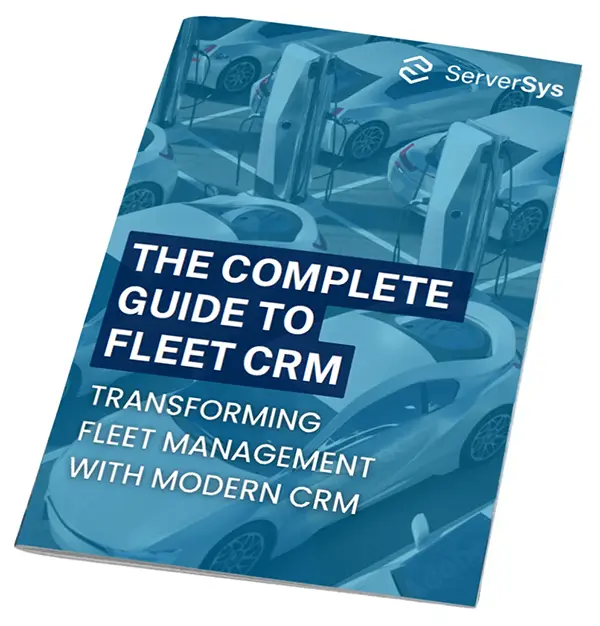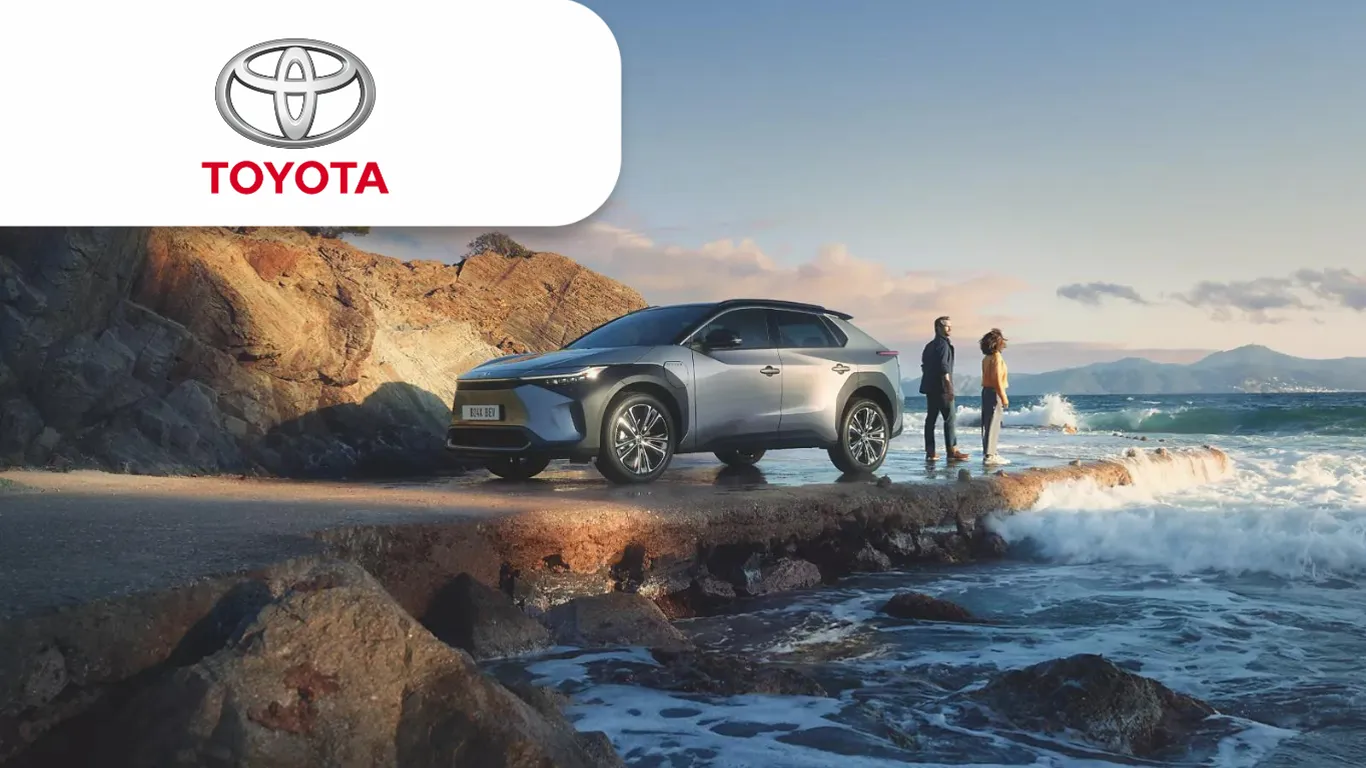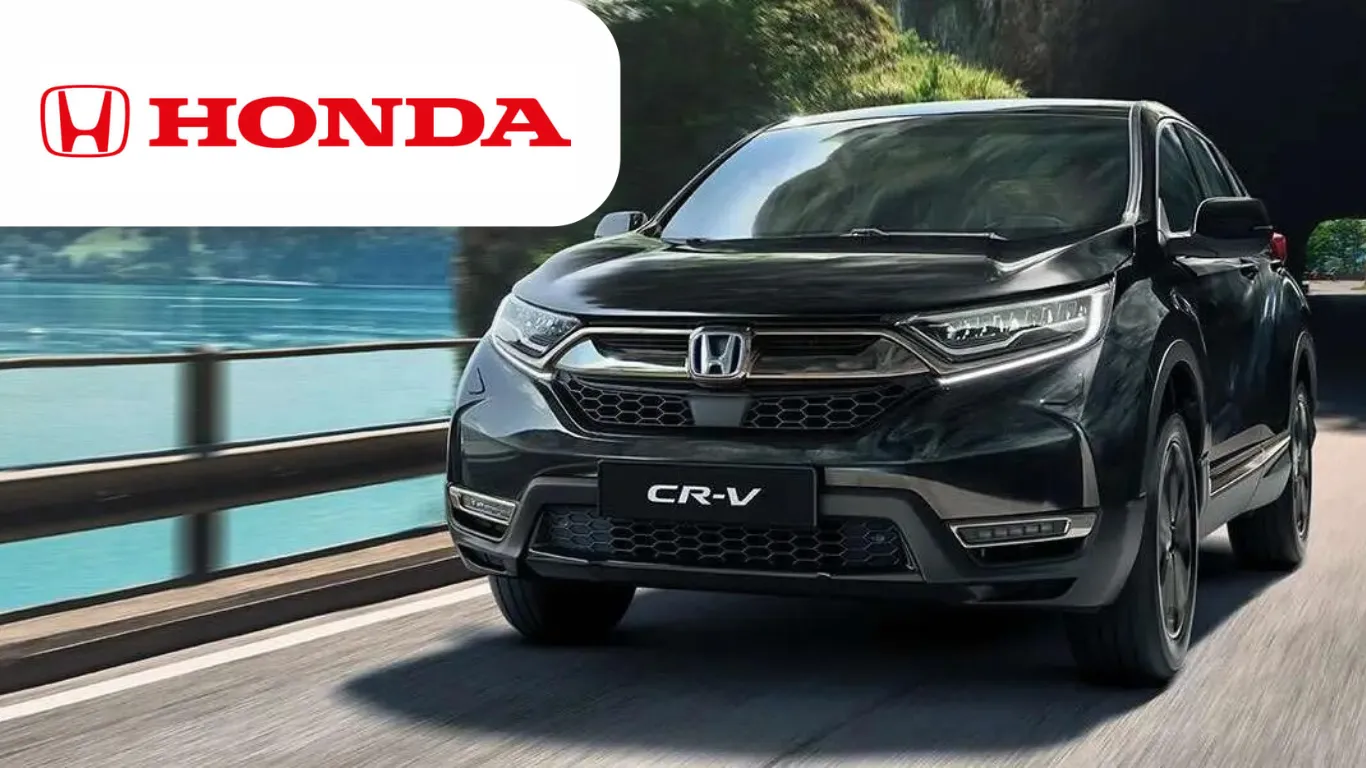Customising Solutions, Accelerating Outcomes
Many automotive companies face challenges such as legacy systems, data trapped in spreadsheets, and strained dealer relationships.
ServerSys designs personalised solutions by understanding your current infrastructure, workflows, and pain points. Then, we tailor Dynamics 365 and other solutions built on the Microsoft Cloud to centralise your data and connect teams with efficient end-to-end processes.
How we Drive Success with Dynamics 365 for Automotive
Monitoring the Sales Journey from Lead to Loyalist
Using Dynamics 365 we design dashboards that track pipelines to help everyone personalise outreach with new buyers and long-time owners.
Accelerating Fleet Vehicle Sales and Relationships
ServerSys will implement Dynamics as a hub that integrates your sales, customer, and licensing data. This will consolidate the insights your sellers need to track opportunities, forecast orders, and deepen engagement with fleet decision-makers.
Optimising Scheduled Servicing
We will configure Dynamics to manage vehicle servicing appointments, allowing automotive companies and dealers to optimise parts availability while reducing wait times. This solution will integrate with your other systems to centralise owner information for coordinated ongoing maintenance scheduling and communications.
End-to-End Dealer Collaboration
Use Dynamics 365 to unify engagement tools, optimise dealer inventories and support performance benchmarking. Our solutions include bespoke portals that provide self-service experiences to strengthen dealer relationships and increase collaboration.
Streamlining Workflows
By connecting Dynamics 365 with services like DAVIS to validate driving licenses for demo vehicles, we help automotive companies mitigate risks and streamline workflows with frictionless processes.
Warranty and Claims Turnaround
We design Dynamics 365 to bring together owner information while also automating routing for administrators, approvers and service agents. This simplifies tracking and management – reducing admin and saving time from claim to resolution.
Our CRM and Automotive Expertise
Toyota (GB): Seamless Transition to Cloud CRM
Toyota GB upgraded its CRM system with ServerSys’ help, migrating to Dynamics 365 without disrupting business. The new platform enabled Toyota to unlock intelligent innovations, automate processes, enhance data visibility, and adapt to better serve its fleet customers.
“Thanks to ServerSys, we now have a modern solution that is already delivering measurable productivity gains, is highly adaptable, and will enable us to harness new technologies like AI.”
Neil Spires, One Toyota Fleet Strategy, Motability & CRM Manager at Toyota (GB) plc.
Honda (UK): Responsively Driving Customer-First Innovation
Honda UK selected ServerSys to deploy a custom CRM solution which consolidated its disconnected systems. Our solution improved its sales workflows and provided comprehensive customer analytics, meeting its complex integration requirements.
“Working in partnership with ServerSys has enabled us to define, deploy, and continually refine a personalised CRM solution that’s highly responsive to changing business demands.”
Ciaran Doyle, Business Analyst at Honda (UK) Corporate Selecting.
What you can expect
Highly experienced consultants who will help you achieve in weeks what others may take months to accomplish.
Rapid timelines with the aim of delivering quick wins.
Customised solutions to fit your unique needs, developed through a consultative, customer-centric approach.
Transparent communications and a collaborative approach with a commitment to long-lasting partnership.
Ongoing support to transfer knowledge.
Proficient problem solvers committed to helping you maximise Dynamics 365 and Power Platform capabilities.
Enquire Now
Ready to transform customer experiences, boost efficiency, and increase agility?
Unlock the potential of Dynamics 365 for your automotive sector needs by the specialists at ServerSys. Please contact us today to discuss your priorities. We offer three easy ways to get in touch.
Call us now on 0203 884 3804
Email hello@serversys.com
Complete the contact form below, and we’ll follow up shortly.


